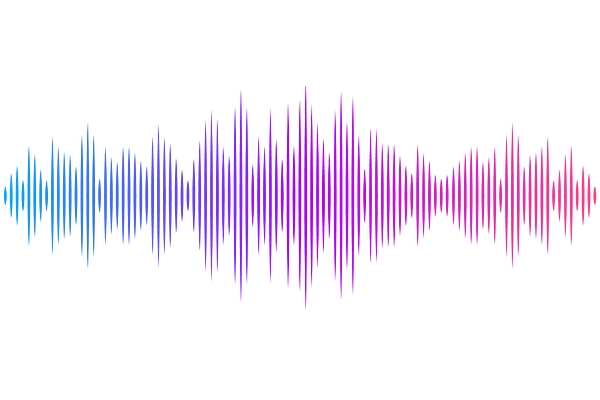Inhibition of IL2Rβ-dependent STAT5 activity supports T-cell stemness and augments antitumor efficacy of CD8+ T cells by preventing T-cell exhaustion

Inhibition of IL2Rβ-dependent STAT5 activity supports T-cell stemness and augments antitumor efficacy of CD8+ T cells by preventing T-cell exhaustion
Shourian, M.; Bourdin, B.; El-Hachem, N.; Ruisseaux, C.; Vallee, A.; Romero, H.; Kwarteng, E. O.; Haddad, E.; Lavallee, V.-P.; Beltra, J.-C.; Decaluwe, H.
AbstractCD8+ T-cell exhaustion is a leading cause of adoptive cell therapy (ACT) failure. In contrast, maintaining a stem-like state correlates with better expansion, persistence, and anti-tumor activity of infused T-cell products. IL-2 is extensively used in ACT protocols given its ability to expand T-cell populations. Yet, IL-2 drives more differentiated and exhausted states, diminishing the quality of T-cell products. Understanding how cytokines of the IL2R family drive T-cell differentiation is essential to ultimately design optimal ACT protocols, safeguarding stem-like programs while ensuring sufficient T-cell expansion. Here, we show that cytokine signaling through IL2R{beta} supports more differentiated exhausted T cells in chronic lymphocytic choriomeningitis infection. Similarly, high levels of IL-2 and IL-15 in vitro foster heightened differentiation and exhaustion of cells for adoptive cell therapy. In contrast, absence of IL2R{beta}in vivo or transient inhibition of Janus kinase 3 (JAK3) or signal transducer and activator of transcription 5 (STAT5) in vitro favors features of T-cell stemness. Transcriptional analyses of in vitro expanded T cells further reveal that inhibition of STAT5 sustains a stemness program, which correlates with better antitumor activity in a mouse melanoma model. When applied to a human CAR T expansion model, inhibition of STAT5 supports memory progenitor differentiation and limit inhibitory receptor expression. These results demonstrate that continuous exposure to high levels of cytokines, such as IL-2 and IL-15, constrain CD8+ T cells towards more advanced states of exhaustion. In contrast, limiting cytokine signaling using specific kinase inhibitors preserves stem-like T-cell programs and enhance the quality of ACT products.